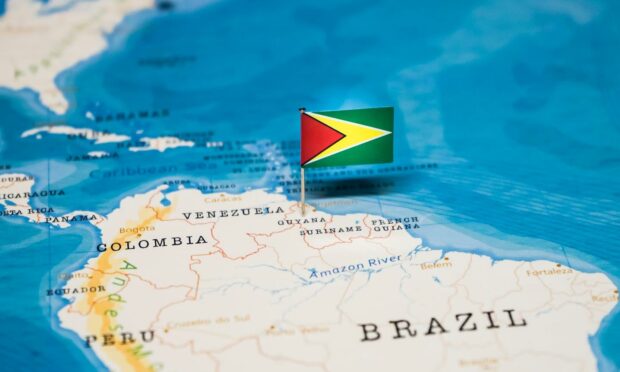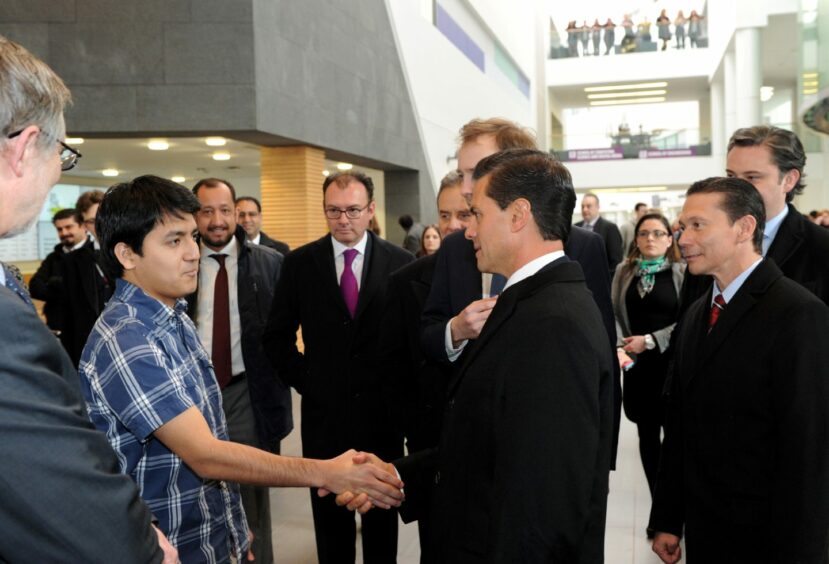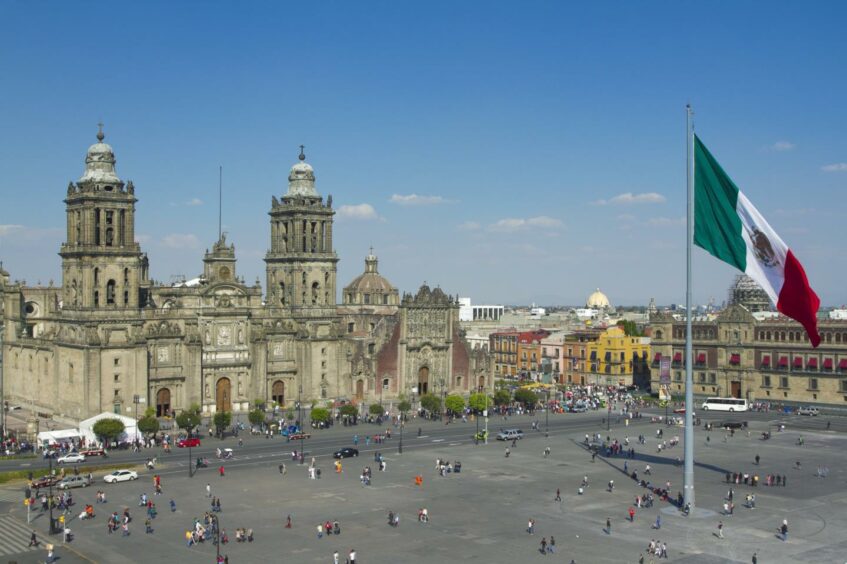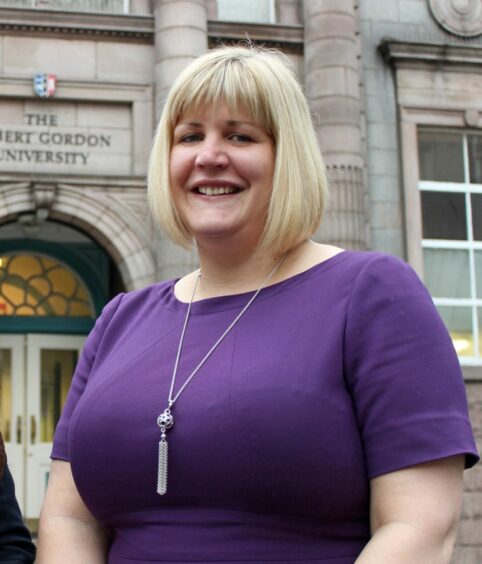Mexican links have opened up a wealth of new opportunities for Robert Gordon University (RGU) in Latin America and the Caribbean (Latac).
A visit to Aberdeen in 2015 by the then president of Mexico, Enrique Pena Nieto, was the catalyst for a raft of business-related tie-ups.
RGU has gone on to establish key relationships in other countries in the region, including Guyana, Trinidad, Columbia and Brazil.
Sarah Hillyear, the university’s head of business development, was on the hunt for more Latin American opportunities at a Department for International Trade (DIT) event in Glasgow.
She said RGU’s business development team were looking beyond their traditional focus on oil and gas, and keen to foster links in activities such as healthcare and life sciences.
“Attending events like this gives us another opportunity to expand our footprint internationally,” she added.
RGU has come a long way in building bridges to the Latac region in recent years, despite and in some cases helped by the pandemic, Ms Hillyear said.
She cited the example of more than 32 students from Guyana who are being sponsored by their government for postgraduate studies at RGU, via online learning.
Their fields of study include solar energy systems, subsea engineering, oil and gas engineering, drilling and well engineering and petroleum production engineering, among others.
RGU one of just four in Europe chosen for partnerships in Mexico
Remote learning has been accelerated by Covid-19 and Ms Hillyear expects there will be many more opportunities to forge links and grow the university’s reputation overseas.
RGU’s Mexican and wider Latac region relationships have grown at pace since 2015.
Ms Hillyear said the Aberdeen university was one of just four in Europe that were chosen for education and research partnerships in Mexico.
The Covid outbreak disrupted these projects but opened the door to others, she said.
For the past three years, RGU has been at the heart of a training programme for government officials in Trinidad to find out more about regulatory aspects of renewable energy.
This has expanded to take in government officials in Guyana too in another example of one opportunity tending to lead to another for RGU in the wider region, Ms Hillyear said.
The DIT event at Drygate Brewing Co in Glasgow showcased a range of opportunities for Scottish businesses to export to Latac countries.
Companies in attendance included Buckie-based Associated Seafoods, which already has a substantial amount of export businesses but – like most firms in its sector – is keen to tap into new markets.
Scottish goods worth nearly £560 million were exported to Latac countries in 2020, with the top exports being beverages and tobacco.
Brazil was the UK’s largest trading partner in the region, accounting for more than 20% of all trade.
‘Thousands’ of opportunities
But with 42 countries, a total population of more 663 million people and a growing middle class, DIT says the whole Latac region has “thousands” of business opportunities for Scottish businesses to start exporting.
Latac trade commissioner Jonathan Knott said: “There are opportunities for a wide range of industries which are already thriving in Scotland, from fintech to clean energy and food and drink.
“DIT is already supporting businesses to help crack this vibrant market, whether through tailored advice from our network of trade experts or financial support from UK Export Finance.
“As well as seeking a bespoke free trade agreement with Mexico, we’re looking to further deepen trading links with Latin America as we continue talks to join the Trans-Pacific Partnership trade bloc – of which Mexico, Peru and Chile are members.”




